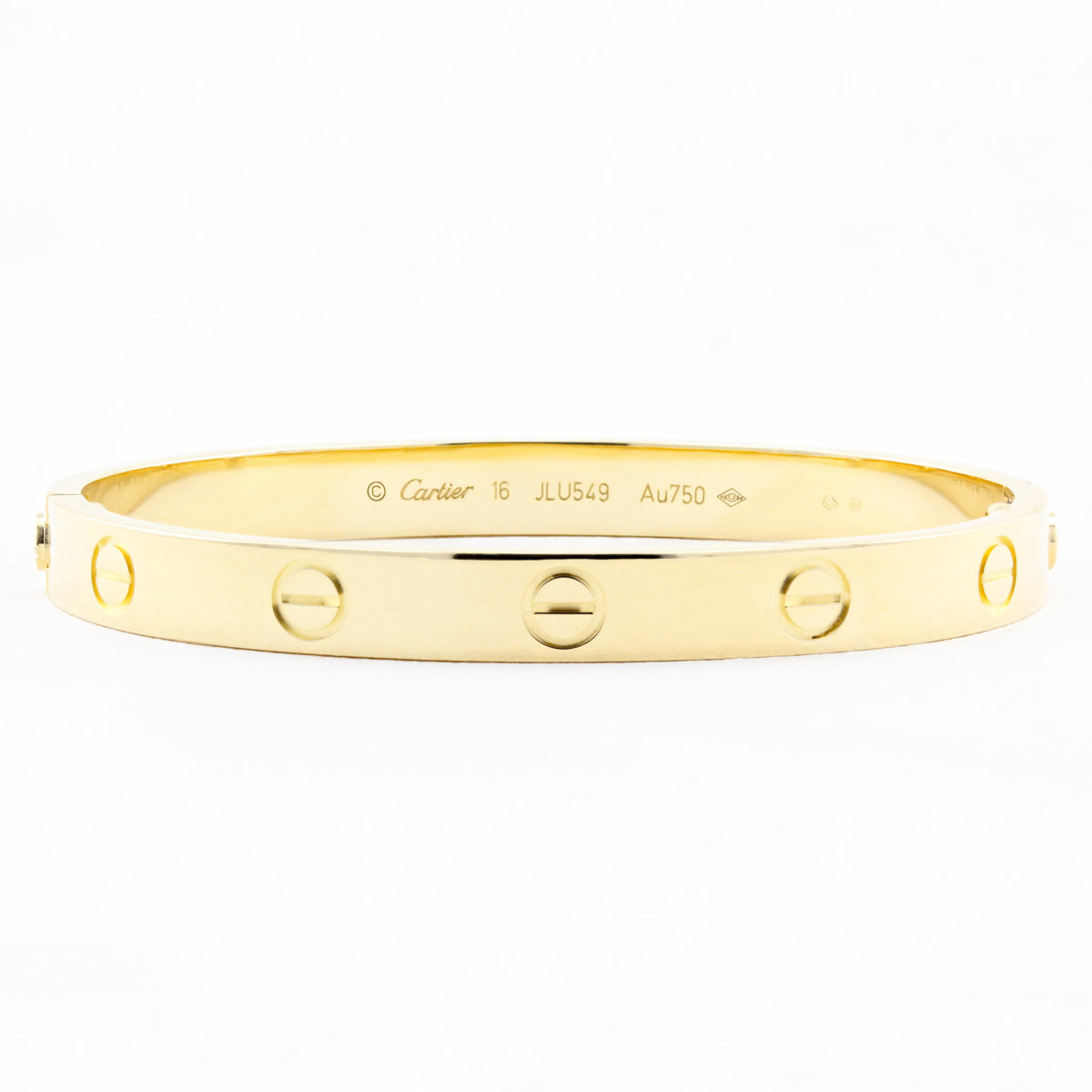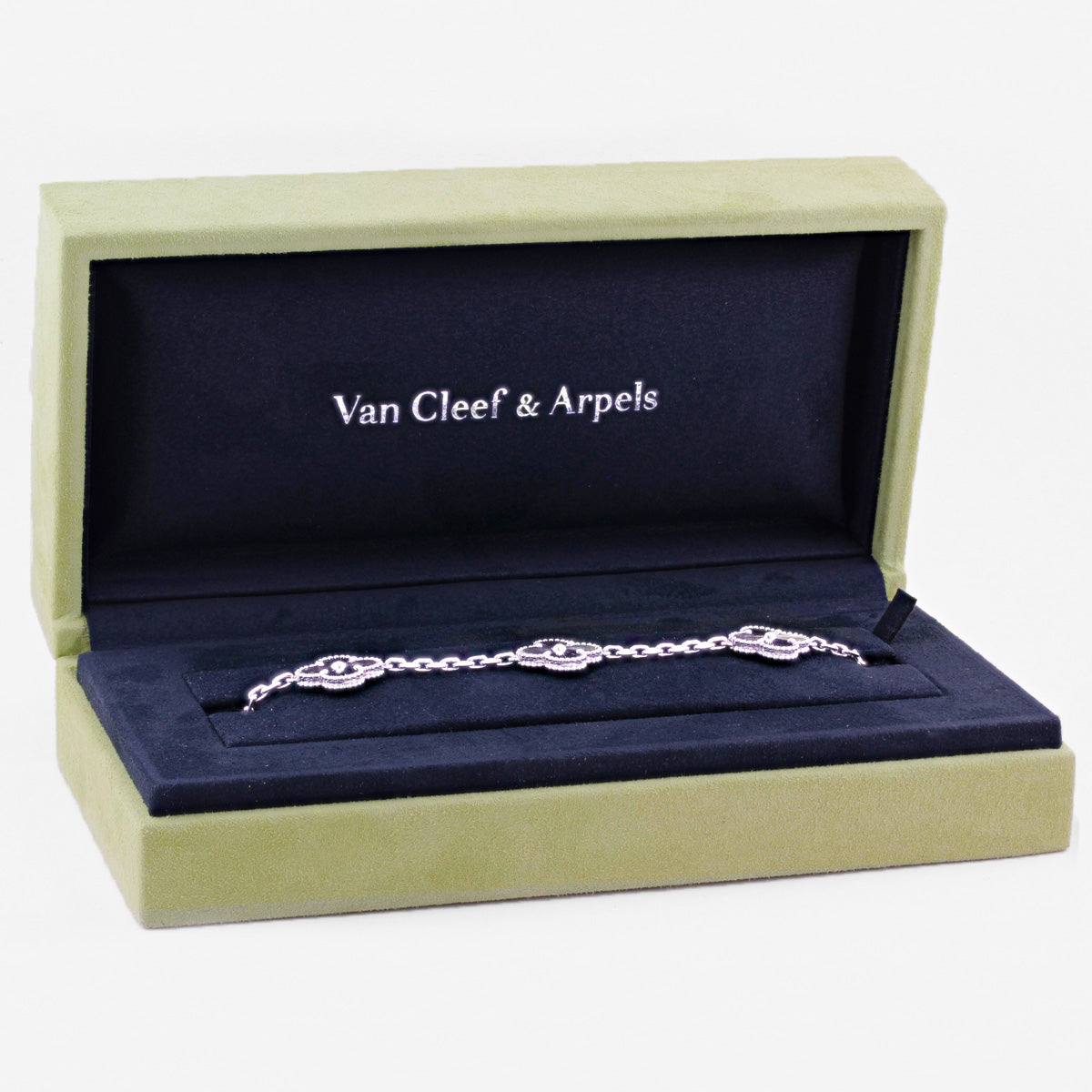Best Ways to Sell Jewellery
When it comes to selling fine jewellery, it can prove priceless to do
a little research before jumping in. Not only can it maximise the value
you could achieve for your jewellery, it can make the whole process
easier and less daunting.

Research
Finding a company you trust is one of the most important steps. If you’re starting without a prior relationship, begin by checking reviews and looking for industry accreditations, these can offer reassurance about their expertise and reputation.
Once you’ve shortlisted a few options, reach out with details about your jewellery, ideally including photographs and any documentation you may have. From there, choose to move forward with the company you feel most comfortable and confident communicating with.

Documentation
Take time to collect all documentation you have for the ring, such as certificates to accompany any gemstones and diamonds, this can affect the value of your item if the documentation confirms provenance or is from a renowned gemmological or grading laboratory.
If you were not provided with any documentation, or someone else has the documentation that you cannot obtain, don’t worry this does not mean you will be unable to sell the item.

Photographs
Although an accurate value cannot be determined from a photograph, most jewellers start their selling process over email or Whatsapp to establish whether the item is something they may be interested in purchasing. So, try and take good quality photos of the ring from various angles. Providing multiple images can be beneficial for showcasing the ring's features accurately.
Selling Jewellery at Auction
When considering the sale of valuable jewellery, auctions can be one possible route. However, it’s important to approach the process with a clear understanding and careful preparation before getting started.
-
Reserve
The more important figure from an auction house is the reserve price—the minimum the item will sell for, after commission. Many pieces sell at this level, so make sure it's a price you're comfortable with. The reserve can also serve as a useful benchmark when comparing options like selling to a jeweller or private buyer.
-
Timeframes
Always check the auction timeline—when your item will be listed and how long payment will take if it sells. From first enquiry to settlement, the process can take 3 to 6 months, or longer if the item doesn't sell the first time. Make sure the timeframe suits your needs before proceeding.
-
Charges
Auction houses charge various fees—often 20–35%—which can reduce your return significantly. These include commission, listing, and marketing costs, some payable even if the item doesn’t sell. Buyers are also charged a premium, often around 30%. Always review the terms to understand the full costs before consigning.
-
Privacy
Auctions are public events, meaning the sale and final price of your jewellery generally become part of the public record. If maintaining privacy is important to you—whether for personal or financial reasons—selling privately through a trusted specialist may be a better and more discreet option.

Payment Options
When selling an item of jewellery, jewellers may offer immediate payment, where you receive the agreed price promptly with no waiting. Alternatively, a sale-on-your-behalf means the jeweller sells the item for you, but the process can take longer with no guaranteed sale. If choosing this option, make sure you understand the payment terms, any fees if the item doesn’t sell, and who is responsible for insurance.
Selling jewellery can be a deeply personal decision, especially when pieces carry sentimental value or family history. It’s important to take your time, explore your options, and choose a company that offers not only expertise, but also care and understanding. A compassionate, knowledgeable team will guide you through the process with clarity and respect, helping you feel confident and comfortable every step of the way.

